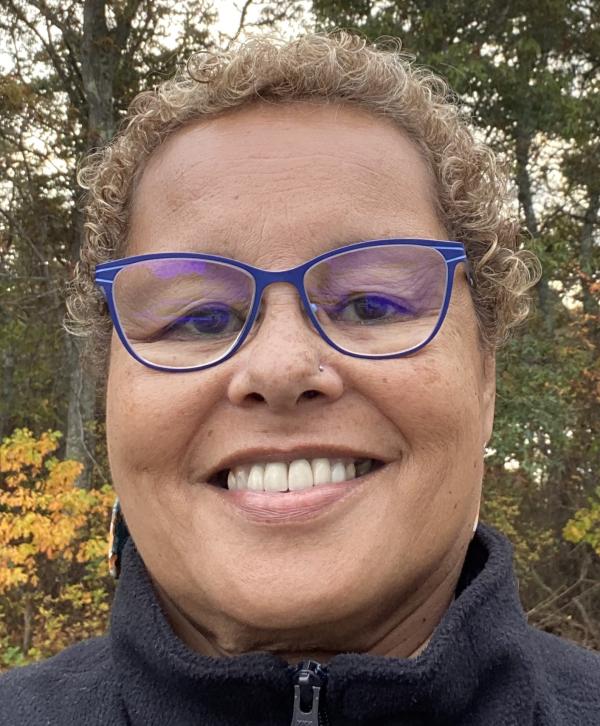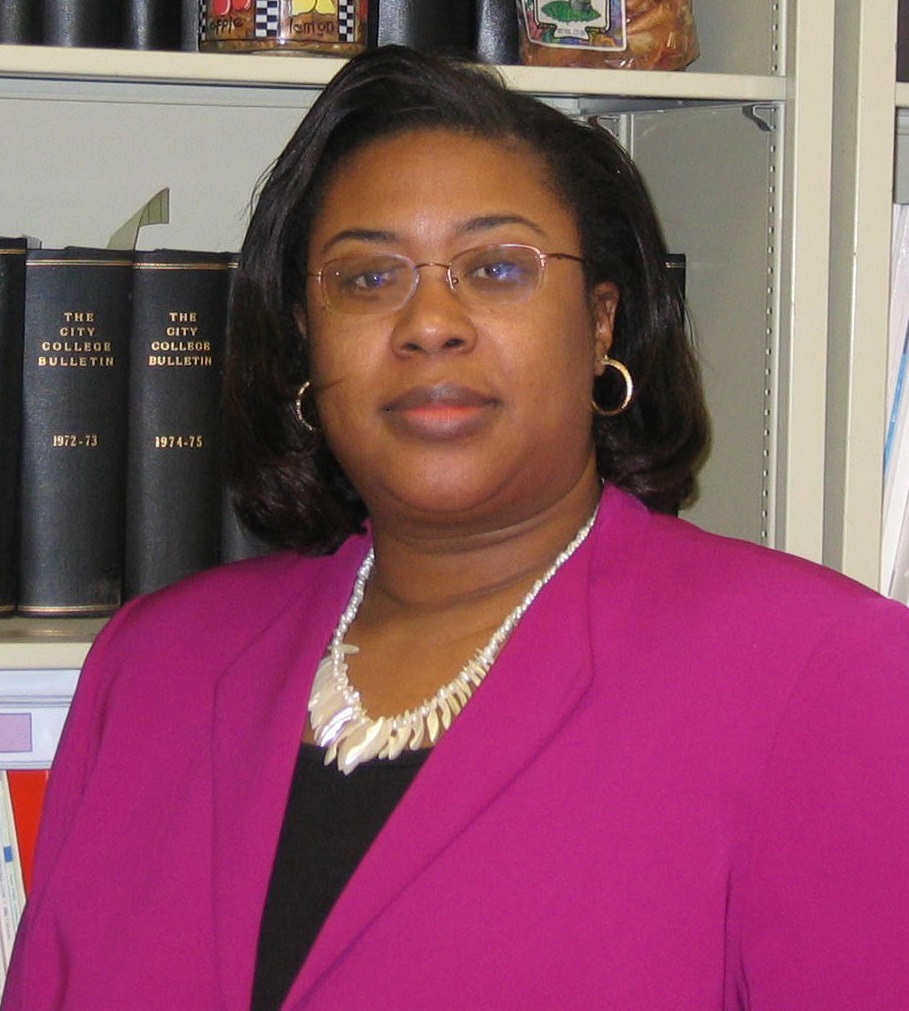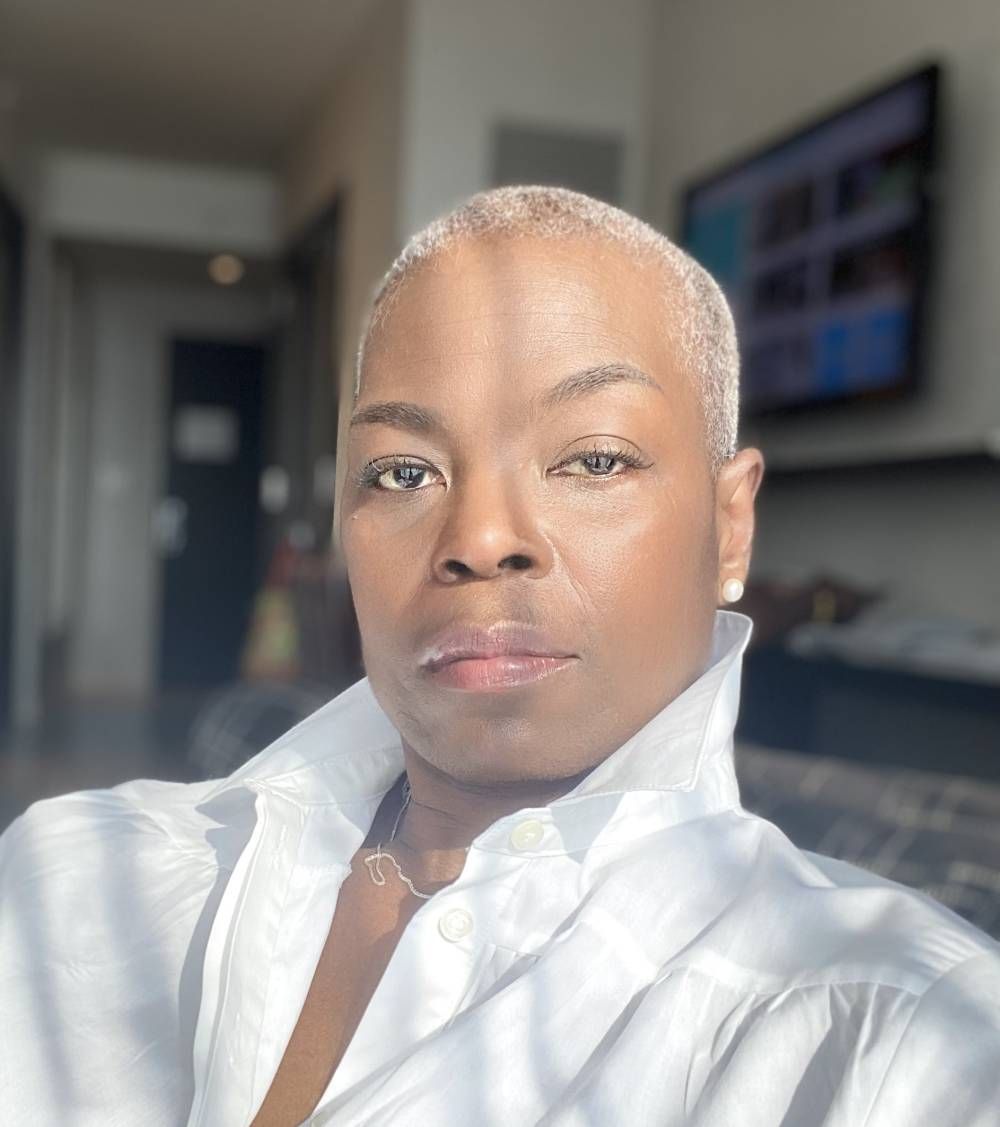Published in ConnectED Newsletter - Volume 5 - Issue 1 - February 2022
As we celebrate Black History Month, Black members of the School of Education staff and faculty speak about our role in preparing teachers, serving New York City teachers, and what we can do to meet the needs of the Black community.

When asked about the School of Education’s role in preparing teachers, Nancy Cardwell, Doctoral Lecturer in the Early Childhood Education Program, stated: “I think that what I can offer as a Black woman to Black students, particularly Black women students but also Black males, is the opportunity to define for themselves who they are in the world, that we're all in conversation with stereotypes.” Stacia Pusey, Assistant Dean for Admissions and Student Services, said that “our role in preparing teachers is to make sure that not just our African American students are sensitive to what the struggles have been by talking through Black History Month and acknowledging Black History Month, but how they can help shape the conversations around what it means to be Black in America, Black in the school systems; how to help others understand what that means: the other students, teachers, families that they'll come in contact with; and how to make it all come together in community and not separation.”

Assistant Dean Pusey, who began in the School of Education as a student and later went into a leadership position, spoke about the importance of that experience. “I started as a college assistant, while I was a student,” she said. “At City College, I bring a lot of those experiences to my work. My work is broad based. I have to be concerned about all of our students without differentiation, to be alert to the necessity and all of that, but one of the things that I try to do and strive to do is for all the students that I'm in contact with, I try to meet them where they are.”
On the topic of recruiting Black students and getting them on the path to becoming teachers, Associate Professor Christopher Yawn, Chairperson of the Department of Learning, Leadership, and Culture, suggested that we begin a lot earlier in middle or elementary school. To this effect, he added that we can work with “whoever in the school, whatever the resource person may be, the teacher, the counselor, the principal, whoever can make recommendations to us in terms of the students that they think are worthy of, or promising of, such a scholarship here, that would be maybe eight years away from when they're even ready to go to college.” Assistant Dean Pusey echoed that idea when she said that “you could from elementary to high school to college create that pipeline, in a sense that a donor could support, maybe to build into a scholarship at the end, and then start with some support, some mentoring in the early years to get them into college.”

Lynnètte Godley, Administrative Assistant to the Deputy Dean, spoke about her role as a Black mother and what that has taught her about the role of education. “As a parent of young men and as a product of New York City schools, I think it's very important that our children see people who look like them,” she shared. “I remember when I grew up in New York City schools; to have a Black teacher was an anomaly. I had two Black teachers in elementary school and they were both women, but I think it's important for young Black men to know that you can be teachers.”
On the topic of how important it is for students to see Black teachers and professors who look like them, Associate Professor Yawn stated: “It can be quite intimidating for students, particularly students of color, to go to this professor or this bigwig within their college and just talk about what they want to do with their lives.” He added that, in many cases, “you don't have anybody who looks like you, you don't have anybody to go to, you don't have anybody who can open up this catalog of options. That's the important role that we as Black professionals here at City College, in higher education, play. That's what we bring to the table.”
Assistant Dean Stacia Pusey took this even further and discussed our role in encouraging our students to go into higher education. She said: “I think we can do more work in just opening up the dialogue for the trajectory. What does that look like, teacher to professor?” According to Assistant Dean Pusey, having mentors and advisors who look like them and who open those doors now for our teachers would allow us to prepare and educate the next generation of assistant and clinical professors of color. She adds that “not everybody starts out knowing everything; they kind of have to find it, be directed, be mentored, to lead into some of these roles.”

One of Associate Professor Christopher Yawn’s comments reminds of the difference that teacher educators can make in the lives of future teachers and students of color: “Education has been the number one uplift for the Black community in this nation, historically and in the present.” That is one of the many reasons why the work that faculty and staff in the School of Education is and will continue to be of such paramount importance.
Last Updated: 05/25/2022 15:08